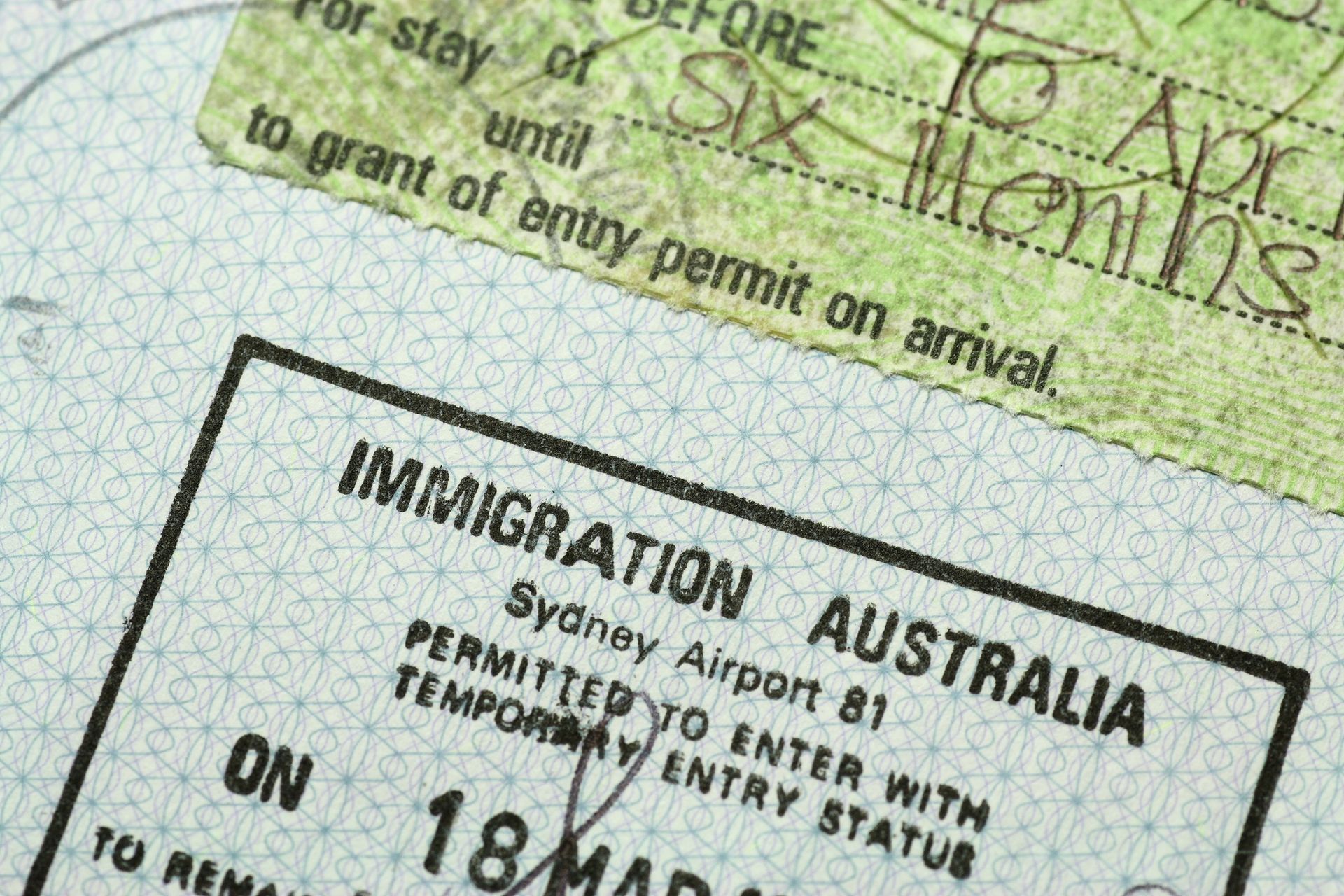Expertise
Property Settlements
PROPERTY SETTLEMENT LAWYERS IN ENGADINE
Extensive Experience
The family law team at Kells in Engadine brings years of hands-on experience in matters such as divorce, property settlements, and de facto relationships.
Dedicated Team
We take pride in delivering clear, efficient legal services. Our aim is to simplify each stage, manage expenses wisely, and keep you informed throughout the process.
Trusted Family Lawyers
Your priorities drive everything we do. We understand the emotional and practical hurdles involved in family law. That’s why we offer level-headed, results-driven strategies to help you move forward confidently.
Here to Help
Need a fair outcome after a divorce or de facto separation? Property matters aren’t always straightforward, especially when emotions and finances overlap. We offer property settlement services in Engadine to help you navigate the process and reach an outcome that reflects both your contributions and your future needs.
How Can Our Property Settlement Lawyers in Engadine Help?
Dividing assets after a separation requires careful attention to detail. Our team at Kells brings experience in family law and a clear focus on resolving property matters efficiently and fairly.
Even when both parties agree on the outcome, it’s important to formalise the arrangement through proper legal channels. This not only helps prevent future disputes but also makes the agreement legally enforceable.
We’ll walk you through each step — from assessing assets and liabilities to finalising the agreement — so you can move forward with clarity and peace of mind.
Frequently Asked Questions
Get The Right Legal Advice in Engadine
Discuss your property settlement matter with a team that knows how to get results.
OUR TEAM
Our Expert Lawyers
Speak to a Family Lawyer
Whether you're navigating separation, parenting arrangements, or property division, our team is here to help you move forward with confidence and care.






